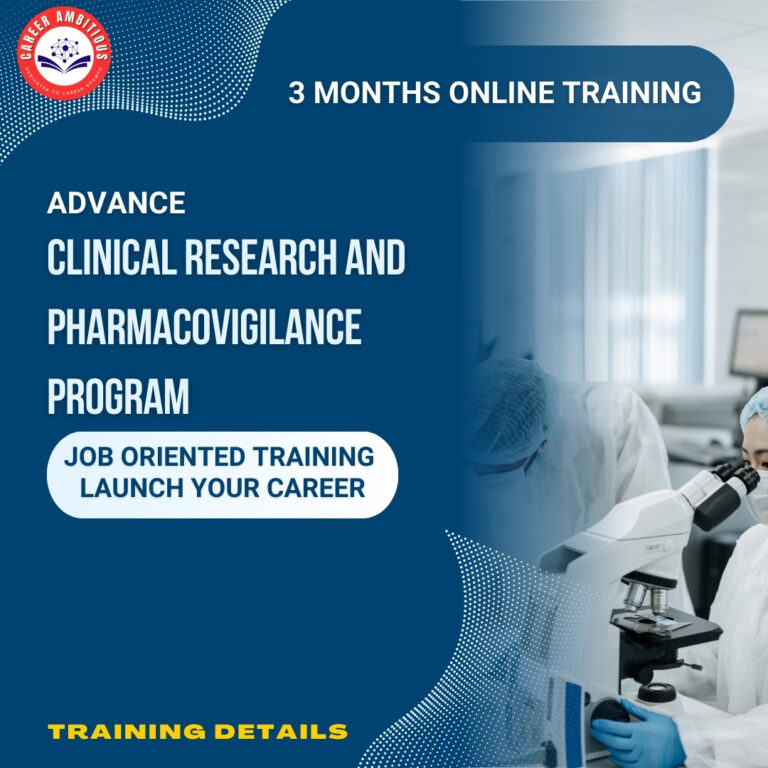IP Professional Roadmap for Microbiology & Life Science Grads

Table of Contents
IP Professional Roadmap: The Starting Point
Why Life Science and Microbiology Graduates Should Explore IPR
What Exactly Does an IP Professional Do?
BSc Microbiology Jobs vs. IP Career: A Fresh Perspective
IP Training for Science Grads: What You Should Know
Key Skills You Need to Become an IP Researcher
How to Switch Your Career to IP After Microbiology
Fresher IP Jobs: Where to Begin
Patent Training Microbiology Students Can Benefit From
Life Science Patent Jobs in 2025 and 2026
Career Switch Roadmap: Microbiology to IP Expert
IP Roadmap India: A Future-Focused Perspective
Final Thoughts on the IP Professional Roadmap
IP Professional Roadmap: The Starting Point
The IP Professional Roadmap begins with a question many science graduates ask: “What career options do I have beyond research labs or clinical settings?” If you’re a microbiology or life science graduate unsure about your next step, you’re not alone. The evolving world of Intellectual Property Rights (IPR) is now opening doors for science graduates like never before.
Why Life Science and Microbiology Graduates Should Explore IPR
You might be wondering: “Why should I consider a shift into Intellectual Property?” Because the demand for IP professionals with a science background is soaring—especially in India’s pharmaceutical, biotech, and healthcare sectors. This is one of the most trending careers in India, combining scientific knowledge with legal and analytical skills.
Graduates in microbiology, biotechnology, or life sciences already have what it takes: a strong understanding of scientific processes, innovations, and research protocols. That’s precisely the kind of foundation needed to succeed in the IP roadmap after BSc or MSc.
What Exactly Does an IP Professional Do?
An IP professional, also known as a patent analyst, reviews and analyzes patent documents, scientific literature, and research-based innovation. They help organizations:
Understand global patents
Conduct freedom-to-operate analysis
Protect their innovations legally
Avoid patent infringements
If you enjoy detailed research, decoding scientific processes, and love the idea of working at the intersection of science and law, this is the space for you.
BSc Microbiology Jobs vs. IP Career: A Fresh Perspective
Traditional career after microbiology often involves laboratory jobs, clinical research, or teaching. While these are respectable options, they’re often saturated or have limited growth without further degrees.
Now compare that with life science patent jobs. These roles are non-clinical, intellectually rewarding, and offer a growing career curve. Plus, they come with remote flexibility and global exposure. That’s why many science grads are considering the microbiology IP shift.
IP Training for Science Grads: What You Should Know
You don’t need to have a law degree to enter the IP world. What you do need is:
Knowledge of patent laws (Indian & global)
Understanding of how to conduct a patent search
Ability to interpret scientific documents
Analytical and reporting skills
That’s where IP training for science grads plays a crucial role. Some certified programs—like the ones recommended by Career Ambitious—bridge this gap with hands-on tools and expert guidance.
Key Skills You Need to Become an IP Researcher
Becoming an IP researcher isn’t just about knowing science. It’s about applying your domain knowledge to legal frameworks. Some in-demand skills include:
Patent database search (like Google Patents, WIPO, USPTO)
Knowledge of patent classification systems
Scientific interpretation for legal language
Report writing and data presentation
Software tools like STN, Orbit, or PatBase
These IP researcher skills are what set professionals apart in this competitive domain.
How to Switch Your Career to IP After Microbiology
Making a career switch to IP can seem daunting, but it’s absolutely doable. Here’s a simple plan:
Learn the basics of Intellectual Property Rights
Take a structured IP training course focused on microbiology or life sciences
Start with internships or projects as an IP associate or trainee
Build your resume with real-world patent search experience
Apply for junior roles in patent firms, R&D units, or IP consultancies
This career switch roadmap can take you from confusion to confidence in months—not years.
Fresher IP Jobs: Where to Begin
Fresh graduates often ask: “Can I get into IP without experience?” The answer is yes. Fresher IP jobs are open in law firms, patent research agencies, pharmaceutical companies, and tech consultancies.
If you’ve done your patent training microbiology program and can demonstrate basic skills like prior art search or FTO analysis, you can land an entry-level role with ease.
Patent Training Microbiology Students Can Benefit From
Look for training programs that offer:
Real patent case studies in pharma and biotech
Hands-on search practice on patent databases
IP strategy simulations
Interview and resume prep for IP roles
For best career guidance, you may speak to an expert at Career Ambitious—a known platform supporting science grads in their career transitions.
Life Science Patent Jobs in 2025 and 2026
India is set to become a global IP hub by 2026. As per the official IP India portal https://ipindia.gov.in, patent filings in the pharma and biotech sectors are rising significantly.
That means job titles like:
Patent Analyst
IP Associate
FTO Specialist
Competitive Intelligence Analyst
…will be high in demand. These life science patent jobs will favor candidates with strong domain understanding and formal IP training.
Career Switch Roadmap: Microbiology or life science to IP Expert
Here’s your complete transition plan:
Stage 1: Complete BSc/MSc Microbiology or life science
Stage 2: Learn IP Basics and Legal Frameworks
Stage 3: Take a certified IP course
Stage 4: Get real exposure via internships or case-based learning
Stage 5: Apply for IP roles in pharma, biotech, or law firms
Stage 6: Grow into senior roles like Patent Drafting, IP Strategy, or Patent Filing
This IP Professional Roadmap builds your credibility step-by-step.
IP Roadmap India: A Future-Focused Perspective
India’s National IPR Policy and increasing awareness in innovation-driven sectors are pushing companies to secure their innovations. That’s where trained IP professionals come in.
Whether you’re passionate about biology, medicine, or pharma, there’s a space for you in this evolving domain. Plus, it’s one of the most promising non-clinical microbiology jobs today.
Final Thoughts on the IP Professional Roadmap
You’ve studied microbiology. You understand life science. But you don’t want to be stuck in traditional or saturated roles. The IP Professional Roadmap offers a gateway to a smarter, global, and more fulfilling career.
So if you’re asking:
“Can I build a career after microbiology that’s beyond the lab?”
“How do I become an IP professional without a law degree?”
“Are there trending careers in India I haven’t considered yet?”
The answer lies in exploring the IP pathway.


























